Donald Trump’s campaign to punish and intimidate large law firms has generated a wave of controversy, with many bristling at his use of the presidency to punish his perceived enemies — with considerable success to date.
In recent weeks, two large law firms reached settlements with the Trump administration that stunned the legal profession — the first with Paul, Weiss, Rifkind, Wharton & Garrison, which pledged to commit $40 million in free legal work “to support the Administration’s initiatives,” and the second with Skadden, Arps, Slate, Meagher & Flom, which upped the ante to a $100 million commitment. The deals allowed the firms to avoid sanctions imposed by Trump’s executive orders, including revocations of government security clearances held by the firms’ lawyers and prohibitions on entering federal buildings.
Three other law firms — Perkins Coie, Jenner & Block and WilmerHale — filed lawsuits challenging the orders and have racked up early victories in court. The judge presiding over the Perkins Coie case said that the order targeting the firm had cast “a chilling harm of blizzard proportions across the legal profession.”
What’s going on here? My colleagues in the newsroom sent me a range of questions about the settlements, their implications and the culture of large law firms. Based on my own experience, including working at Paul, Weiss, here’s a reality check.
1
Why are these law firms surrendering to Trump so quickly?
You can attribute the two deals mostly to the fact that what Trump is doing — using the power of the presidency to target law firms that he personally dislikes — is legitimately unprecedented. The full scope of the consequences from Trump’s orders are far from clear, and large law firms are temperamentally conservative by nature. Faced with such uncertainty, surrender becomes an option.
The bottom line is that large law firms exist to make money — ideally lots of it — and they are generally not paragons of virtue, principle or self-sacrifice.
And if the executive orders are not blocked or struck down by the courts, they would indeed harm the firms. Large firms do not do much business that requires security clearances, but a ban on entering federal buildings would prevent lawyers from going into courthouses or attending meetings with federal prosecutors and regulators. That would significantly curtail litigation work.
The broader threat is that clients with any sort of government-facing business might think twice about using those firms for their work. Then profits start to shrink.
2
The head of Paul, Weiss said his firm was in danger of going out of business without a deal with Trump. Do you believe that?
In true lawyerly fashion, this probably depends on how you define “going out of business,” but there is reason to be skeptical of the claim. For one thing, the three firms that have challenged the orders have not collapsed (at least not yet).
Moreover, large law firm collapses are extremely rare. During the 2008 financial crisis, the biggest law firms — including Paul, Weiss — weathered the storm with relatively few layoffs.
The doomsday scenario, however, would have entailed a series of departures by partners with large books of business, leading to dwindling revenue and a subsequent financial spiral. In a less dramatic development, some key partners might have left the firm rather than lose clients wary of using them for business that requires federal government approvals, including proposed mergers.
It is far from clear, however, that the result would have been a true existential crisis. The partners at Paul, Weiss are financially very secure, and the firm is one of the most profitable in the world. After any major partner departures, the firm may simply have continued in less profitable form for the remaining partners.
3
It seems a lot of liberals are disappointed the firms are caving — but perhaps they shouldn’t be surprised?
They should not be surprised.
I have my fair share of complaints about Paul, Weiss, but I never fooled myself into believing the job was something it wasn’t. Large law firms are distinctly for-profit enterprises, and the biggest and most profitable ones got that way by following business imperatives, not political principles.
Many large law firms do commendable pro bono work associated with liberal causes, but that work makes up a very small fraction of their overall work. The vast majority of their clients are some combination of wealthy, powerful, entrenched and corporate.
Those clients, in turn, want lawyers who are both good and uncontroversial. What matters to them is their lawyers’ effectiveness — not their lawyers’ views on political, social or civic questions.
4
Are all these white shoe firms considered Democratic by culture? Perkins Coie is, and maybe a few others. But are WilmerHale or Skadden?
Most firms do not vary much at all “by culture.” They are dull places — the work is tedious but well-compensated — and for the most part, everyone is too busy or too boring to spend time chatting about their personal lives or political views.
The ideological coding of the firms in the media is not remotely rigorous, but it tends to come from a couple different sources — high-profile campaign fundraising by the firms’ lawyers, and perceptions about the relatively small number of lawyers who have worked in the government either for Democratic or Republican administrations. (Most lawyers at law firms never work in the government.)
The world of elite law firms is not uniformly Democratic: Firms like Jones Day, Quinn Emanuel and Kirkland & Ellis all have lawyers who worked in prominent roles in Republican administrations.
Moreover, as a business matter, it is not necessarily a good thing for a firm to have strong ideological or personal affiliations with just one political party. To the extent that clients have government-facing business, they want firms that understand and have credibility with administrations under either Democrats or Republicans, which is why many firms have prominent lawyers from both parties.
WilmerHale and Skadden, for instance, each hired prominent lawyers from the first Trump administration. Paul, Weiss counts among its former partners both the head of the Justice Department’s Antitrust Division under Joe Biden and the head of the Federal Trade Commission during the first Trump administration.
5
The firms’ top partners are making the call to do a deal. How do the associates feel about this? Are these cave-ins creating tensions or potential revolts by younger staff within these firms?
Some associates in the industry have been expressing their dissatisfaction in social media posts and open letters, but it is doubtful that there will be any major near-term effects for Paul, Weiss or Skadden, or the broader legal industry.
Associates are paid very well. A lawyer straight out of law school who works at one of the country’s largest law firms can now clear more than $250,000 in their first year on the job, and they are not typically working at these places for fun or endless intellectual stimulation. The work at most peer firms is the same, and taking a public stand as an associate might have negative professional repercussions — which perhaps explains why so many of them have chosen to remain anonymous in their criticisms.
The bargain for young lawyers is not a subtle one, either. Law firms generally serve corporations and rich people, and pro bono work — though touted by the firms — is a very small part of what they do.
It is possible that the firms that threw in the towel will have a harder time recruiting students from the nation’s best law schools, but that will probably not matter much. There are plenty of graduating students from perfectly good law schools who are both willing and able to work at these places.
6
Trump’s orders have at times mentioned pro bono work. What kind of pro bono work are these firms doing that is he talking about?
If you read between the lines, much of the Trump administration’s criticism of specific pro bono work seems to concern immigration asylum cases. This was explicit in the presidential memorandum recently issued by Trump that did not name any specific firms but directed Attorney General Pam Bondi to consider seeking sanctions against law firms that are supposedly engaged in misconduct in litigation against the government.
That memo claimed, for instance, that “the immigration bar, and powerful Big Law pro bono practices, frequently coach clients to conceal their past or lie about their circumstances when asserting their asylum claims, all in an attempt to circumvent immigration policies enacted to protect our national security and deceive the immigration authorities and courts into granting them undeserved relief.” The memo also encouraged the attorney general to consider seeking sanctions against law firm partners based on “the ethical misconduct of junior attorneys,” who often take the lead on pro bono asylum cases.
Trump administration officials have often criticized asylum protections for migrants, and it is true that the U.S. legal system is vulnerable to people who are willing to lie about persecution in foreign countries. The memo, however, cited no evidence for the claim that lawyers are coaching their asylum clients to lie — on a systematic basis or otherwise.
7
One area Trump has targeted law firms is on their DEI efforts. But had the legal profession made much progress there in recent years?
No. The lack of representation among minorities and women at large law firms has been a persistent problem for many years.
Many large law firms made big public pushes to improve diversity in the wake of the #MeToo movement and the death of George Floyd in 2020, but there has been relatively little to show for this.
In 2020, the percentage of equity partners who were non-white was just 8 percent, and the percentage who were women was 21 percent, according to data from the National Association for Law Placement. The comparable figures for 2024 were not much better — 10 and 25 percent, respectively.
There are multiple layers of irony embedded in Trump’s decision to cite the firms’ supposed DEI efforts in his orders. One of them is that those efforts did not achieve much to begin with.
8
Is there any world where the law firms band together and agree to resist Trump?
This seems unlikely. Large firms in New York and Washington had already been struggling to band together in the wake of Trump’s executive order against Perkins Coie. Many of them hoped — probably correctly — that this would not be a problem that their firms would need to confront, and they resisted taking a public stand in order to avoid attracting unnecessary attention from the Trump administration or defending politically unpopular competitors.
That was before the deals with Paul, Weiss and Skadden, but it is not clear how many more firms Trump will go after. According to a recent story from CNN, the White House is “winding down its efforts” to use executive orders to target specific firms, with “a small number” that may still be signed.
If that is true, then the prevailing strategy that the firms took — strategic silence — will have worked.
9
This feels like extortion. Is it possible laws are actually being broken here?
It is possible. Among other things, it is a crime under federal law for public officials to engage in extortion, and the Justice Department’s public guidance explains that the theory has been used against public officials “serving on the federal, state and local levels.”
Trump is not the direct beneficiary of the pro bono work agreed to by the firms, but the DOJ guidance explains that the law applies even if the “corrupt payment went to a third party.” Moreover, a person or company can be liable under the law if they are “truly the instigator of the transaction,” so both sides of these deals could conceivably be held accountable.
You could make similar arguments under federal bribery law — the line between bribery and extortion is often hard to parse in particular fact patterns — but of course, the Justice Department is not going to do anything about it, and Trump enjoys broad criminal immunity even after he leaves office. In theory, the law firms are at greater risk — a Justice Department in a new administration could always take an interest — but that seems highly unlikely.
10
The American Bar Association released a statement recently decrying the orders. But is the ABA completely irrelevant these days in a matter like this since Republicans long ago dismissed it as partisan and left-leaning (because of some of their judicial ratings)?
For these purposes, the ABA is probably irrelevant.
Republicans during the Trump years have characterized the organization as a collection of liberal partisans due to their less-than-stellar ratings of Trump’s judicial nominees, though to be clear, that does not mean that they were wrong. Take Lawrence J.C. VanDyke, one of Trump’s first-term nominees to the Ninth Circuit Court of Appeals, who the ABA concluded was “not qualified” to be a judge. He was confirmed, but just a couple of weeks ago, he recorded himself handling handguns to explain his dissent in a case before the court — a move that was criticized as both improper and strange.
Still, it is also unlikely that a statement from the ABA would actually change a meaningful number of people’s minds on an issue like this. There is certainly no reason to believe that Trump or anyone in the White House cares.
11
What kind of chilling effect do Trump’s moves send to other law firms or lawyers?
So far in his executive orders, Trump appears to have zeroed in on firms that have worked for the Democratic Party or that had partners who were heavily involved in one of the Trump criminal investigations.
As a result, two effects are conceivable, at least at the margins. The first is that law firms will be less willing to take on political clients. The second is that law firms may prove less willing to hire former government lawyers involved in politically controversial cases — or even lawyers who they think may go on to do that sort of work.
More broadly, law firms may pull back on supporting pro bono work that could be controversial with the Trump administration or the Republican Party, including immigration-related cases.
12
Are you concerned about the threat to the rule of law?
In a democratic society, lawyers should not have to worry about whether the government will punish them for having clients or colleagues who are somehow associated with the political opposition. Likewise, private parties should be free to choose their own lawyers without having to worry that the government will be biased against their attorneys or will hamper their work for improper reasons.
That said, some context may be useful. The firms that we are talking about — particularly the ones that settled with Trump — are some of the most successful firms in the world, and they work for a very small segment of American society. Most people and even most businesses cannot afford the rates that these firms charge, so they go to local practitioners or smaller firms for their occasional legal needs. In that sense, the practical fallout might be relatively modest.
One other potential consequence is it could negatively influence perceptions of the legal profession, particularly on the right, but here too, some context is helpful. The legal profession is already wildly unpopular, with public polls ranking lawyers below bankers in terms of honesty and ethical standards.
Still, it could be worse. For the time being at least, lawyers outperform members of Congress.
.png)
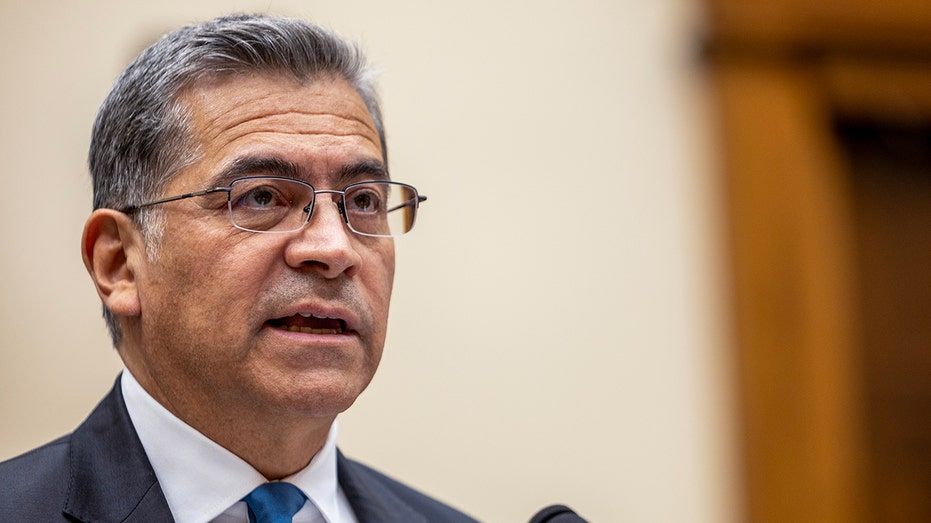



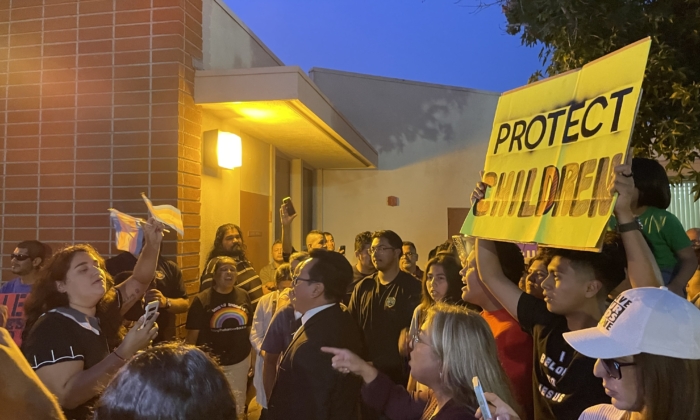



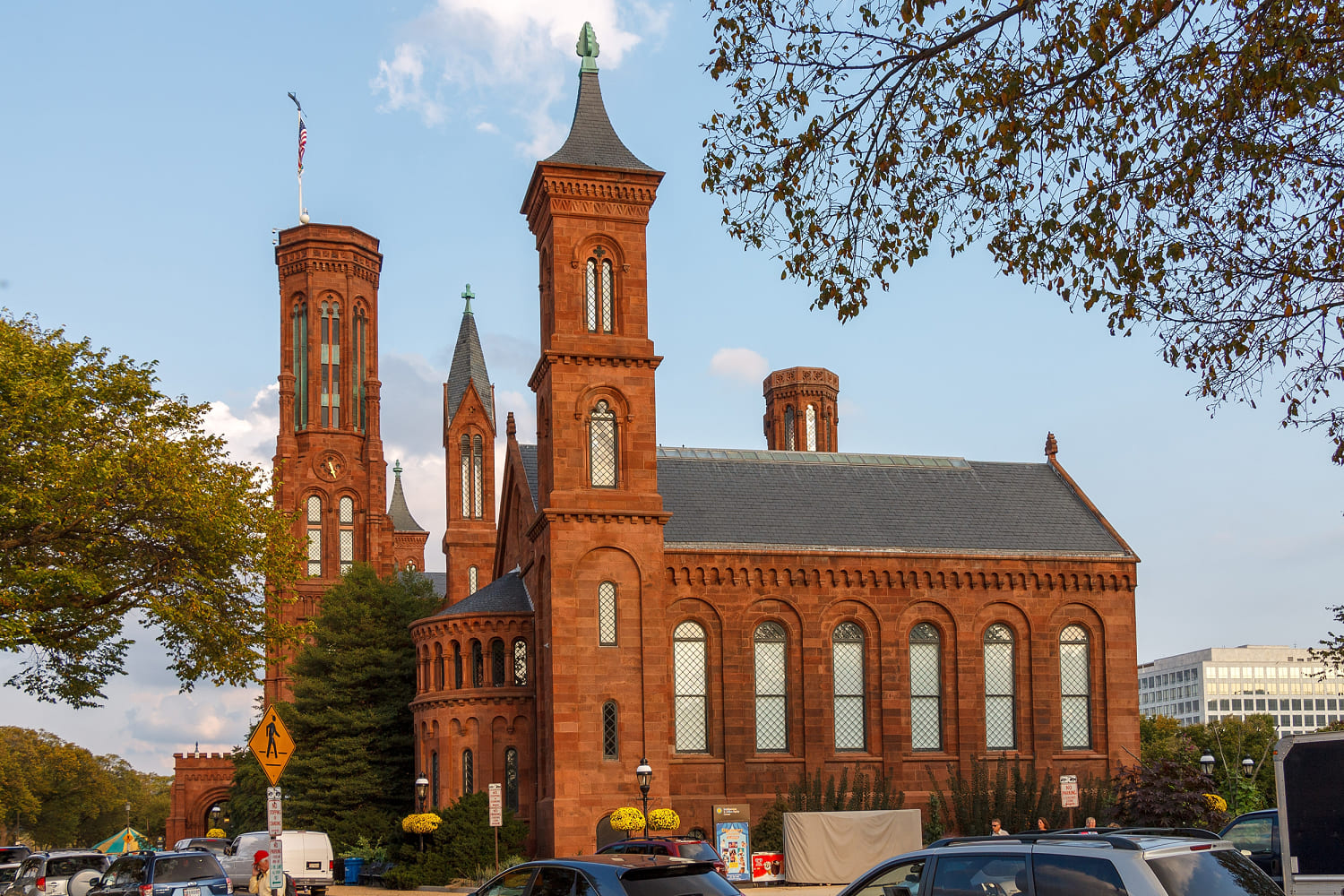
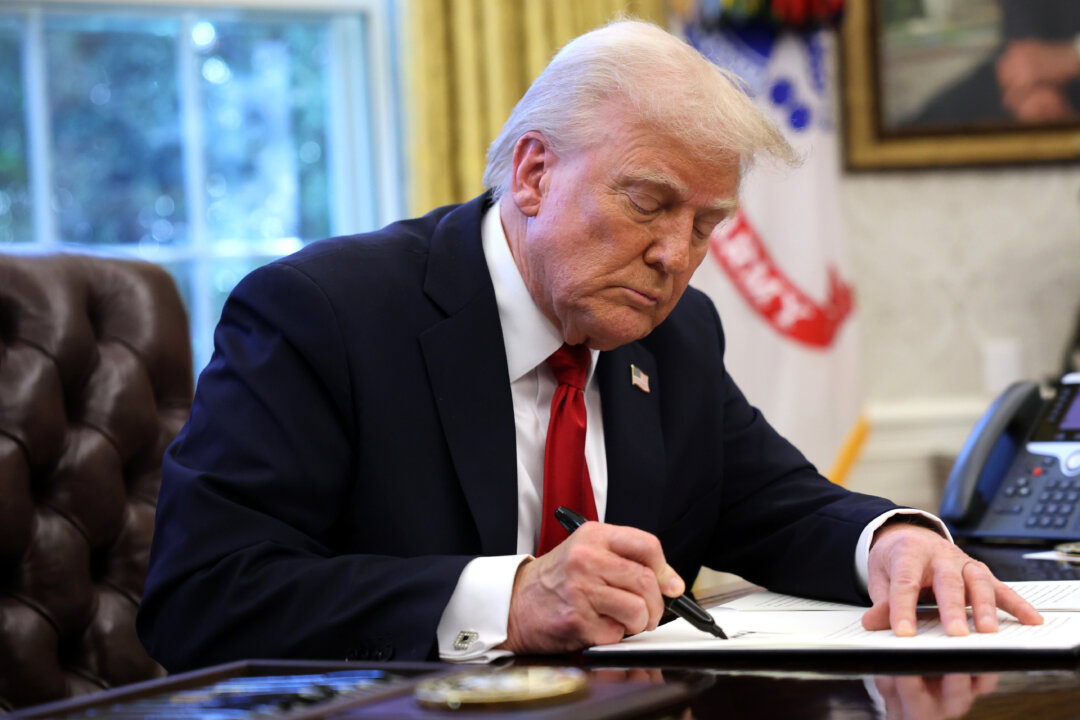
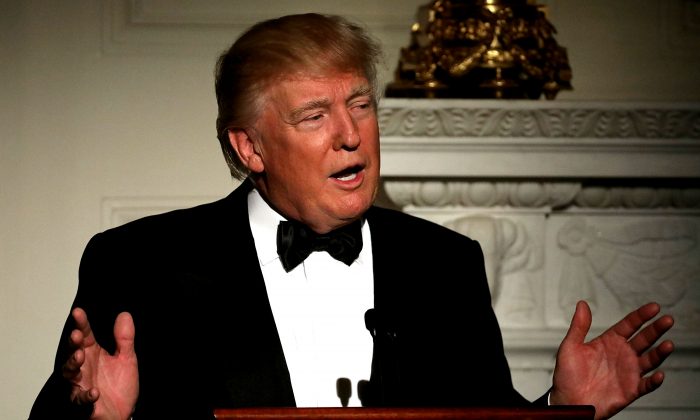


 English (US)
English (US)